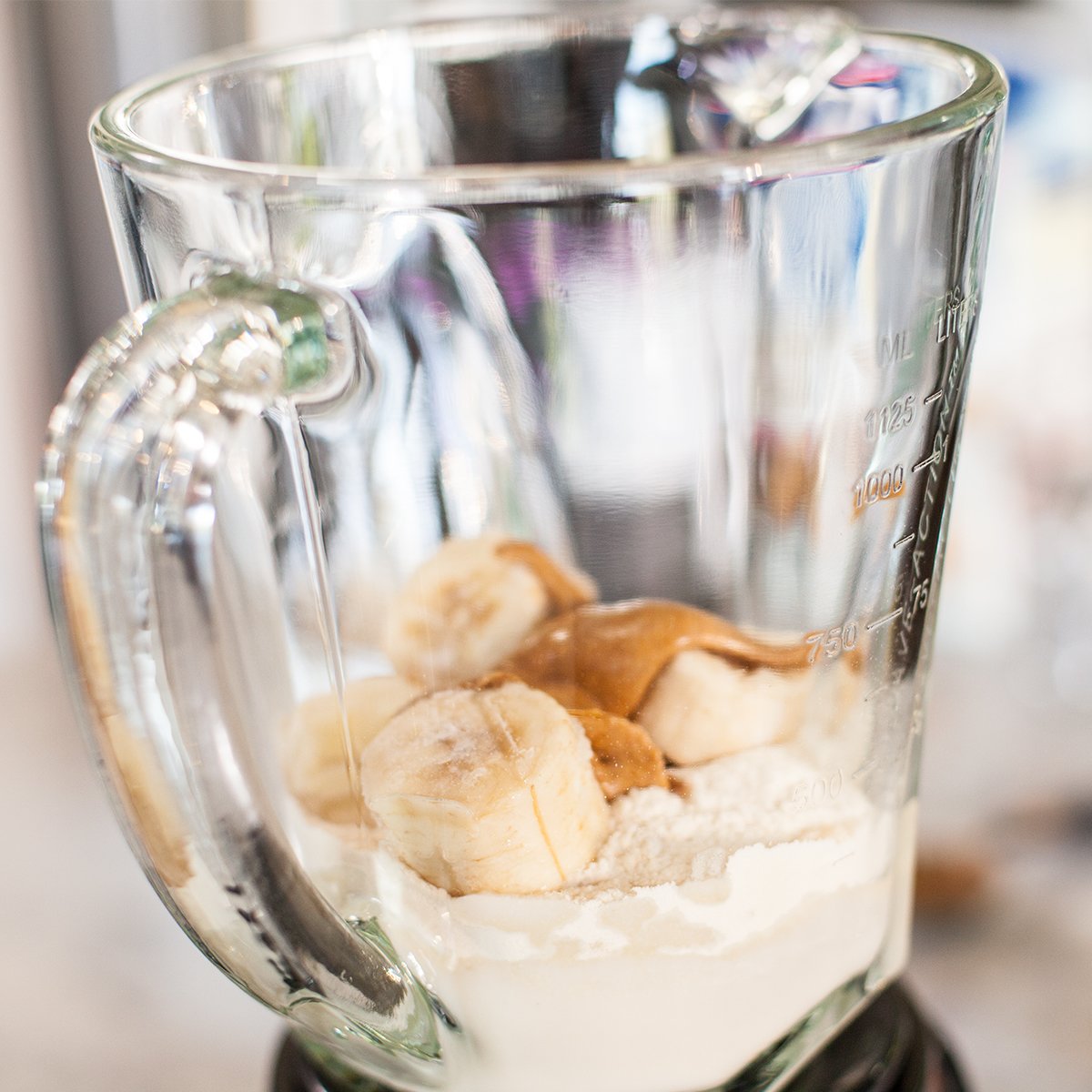Research has shown that proper protein powder supplementation during pregnancy is not only safe, but can improve fetal growth, increase birth weight and height, and decrease the number of low-weight births.[8,9]
However, because everyone's body is different and the body's protein requirement changes throughout the pregnancy, consultations with a physician are highly recommended.
Once your baby is born, you need extra calories, usually at least 200-500 per day, to maintain milk production. In terms of protein, the USDA's recommended daily allowance for nursing mothers is a minimum of 71 grams, but again, this doesn't take the differences in body types and activity levels into account.
If you decide to start exercising again after your child is born, you may very well benefit from having some supplemental protein, says Sheila Dugan, MD, a consultant on the Bodybuilding.com BodyFit Elite program Jamie Eason's Post-Pregnancy Fitness Trainer.
"Ideally, you get your macronutrients from real food and whole foods," Dr. Dugan says. "But if you aren't able to, for a variety of reasons, you can supplement with a shake, you can use protein powder in baking, and there are other ways to make sure that you're getting that crucial nutrient."
Of course, safety is an extra concern in the case of nursing mothers, as Dr. Dugan explains. "One idea would be to bring your supplements in with you to the physician to say, 'Hey, I used these before I was pregnant. I'm back working out again. What are the pros and cons of me using them?'"


